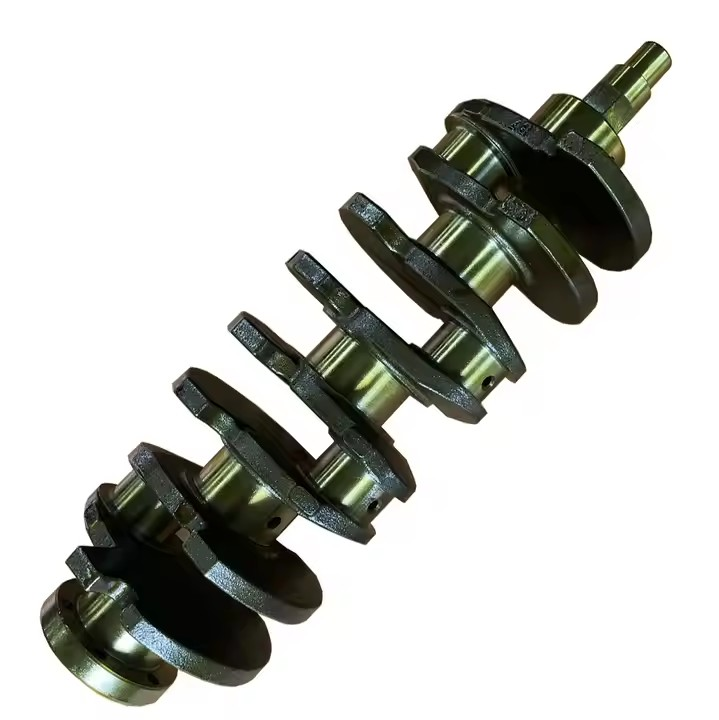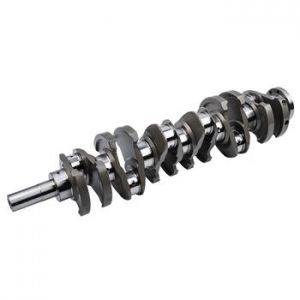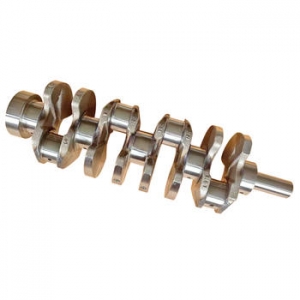What is an Automotive Crankshaft?
An automotive crankshaft is a critical component of an internal combustion engine. It converts the reciprocating motion of the pistons into rotational motion, which drives the vehicle's transmission system. The crankshaft is typically made of forged steel or cast iron and is designed to withstand the high stresses and loads generated by the engine's power output.
Types of Crankshafts
- Forged steel crankshafts are stronger and more durable than cast iron crankshafts. They are commonly used in high-performance engines that require greater strength and durability.
- Cast iron crankshafts are less expensive than forged steel crankshafts and are suitable for most passenger vehicles and light-duty trucks.
Functions of Automotive Crankshafts
The primary function of an automotive crankshaft is to convert the linear motion of the pistons into rotational motion. This is accomplished through the use of crankpins, which connect to the piston rods, and main bearings, which support the crankshaft and allow it to rotate smoothly. The crankshaft also serves as a mounting point for the engine's flywheel, which provides inertia and helps to smooth out engine vibrations.
Benefits of a Well-Maintained Crankshaft
- Improved engine performance and fuel efficiency.
- Reduced engine wear and tear, resulting in longer engine life.
- Reduced risk of engine damage or failure due to crankshaft-related issues.
Common Crankshaft Issues and Solutions
Crankshaft issues can lead to serious engine problems if not addressed promptly. Some common crankshaft issues include:
Crankshaft Damage
Crankshaft damage can occur due to a variety of factors, including wear and tear, overheating, and foreign object damage. Symptoms of crankshaft damage include engine knocking or tapping noises, reduced engine performance, and oil leaks. If crankshaft damage is suspected, it is important to have the engine inspected by a qualified mechanic as soon as possible.
Crankshaft Bearing Wear
Crankshaft bearings can wear out over time, leading to reduced engine performance and increased engine noise. Symptoms of bearing wear include knocking or rumbling noises, reduced engine power, and oil leaks. Bearing wear can often be addressed by replacing the damaged bearings and ensuring that the engine oil is changed regularly.
Choosing the Right Crankshaft for Your Vehicle
Choosing the right crankshaft for your vehicle is essential for ensuring optimal engine performance and longevity. When selecting a crankshaft, consider the following factors:
Engine Type and Size
Different engines require different crankshafts. Be sure to choose a crankshaft that is compatible with your engine type and size.
Material and Design
Consider the material and design of the crankshaft. Forged steel crank



